Nigeria, often described as Africa’s most cosmopolitan nation, is home to immense ethnic, cultural, and religious diversity. This diversity, while a source of strength, has also contributed to complex socio-political challenges. Christianity and Islam, the country’s two dominant religions, each encompass multiple subgroups with distinct identities, beliefs, and practices. Among Christians, these include Catholics, Protestants, Pentecostals, and various indigenous churches, while Muslims comprise Tijaniyya, Qadiriyya, Ahmadiyya, followers of Ahlul Bayt (Shi‘ah), and other schools of thought. These internal divisions often intersect with politics, shaping electoral behaviour and social alliances.
To be realistic, some people believe that religion is a problem; yet, religious groups have historically contributed positively to Nigeria’s development. Pentecostal and other Christian churches have mobilised civil society for democratisation, while Muslim organisations such as Jama’atu Nasril Islam have promoted education and community welfare to a significant extent. Tijaniyya and Qadiriyya groups have long advocated peace and self-purification; Izala emphasises the importance of knowledge; freethinkers and secular movements have furthered rational discourse, human rights, and civic engagement. Similarly, Shia Muslims and members of the Islamic Movement have consistently called for unity, challenged oppression, and defended human rights. Collectively, these groups have advanced education, healthcare, and ethical governance across the nation.
However, Nigeria’s history also reflects the destructive consequences of divide-and-rule strategies first implemented during colonial rule. By exaggerating ethnic and religious differences, colonial powers maintained control and left a legacy of mistrust that persists today. Modern manifestations include deliberately created terrorist organisations such as Boko Haram, which exploit religious and ethnic divisions to destabilise regions and, in some cases, to facilitate resource control. Religious crises often escalate from local disputes into wider conflicts, as seen in Kaduna, Jos, and Kano, where hundreds have lost their lives and communities have been displaced. Why?
In addition, ethno-religious conflicts frequently erupt in Nigeria’s Middle Belt, northern states, and urban convergence zones where multiple ethnic and religious groups coexist. These conflicts not only claim lives but also disrupt communities, weaken economies, and challenge national integration. Their underlying causes are often linked to historical inequities, political manipulation, and social grievances. Government inaction or ineffective intervention further allows such tensions to fester. Why?
Religious and political leaders sometimes exploit ethnic loyalties to gain electoral advantage, while youth unemployment and poverty leave vulnerable populations susceptible to radical ideologies. Extremist factions manipulate religion and ethnicity as tools of coercion, perpetuating cycles of violence that threaten Nigeria’s social fabric. Jama’atu Ahlus Sunna Lidda’awati wal Jihad (Boko Haram) is a deliberately created example of such extremism.
Implications for National Development
The consequences of ethno-religious conflict extend far beyond the immediate loss of life. Security concerns deter investment, undermine infrastructure projects, and disrupt commerce. Social trust deteriorates, weakening community cohesion and civic engagement. Education and healthcare systems suffer, diminishing human capital development. Over time, persistent conflict stalls policy implementation and equitable growth, deepening inequality and regional disparities.
Yet these challenges present opportunities for systemic reform. By addressing underlying grievances, Nigeria can transform its diversity into a source of strength rather than division.
Having stated this, Nigeria can convert its cosmopolitan identity into a foundation for unity and progress through several strategic steps:
1. Civic and Interfaith Education – Schools, universities, and civic platforms should emphasise shared values, tolerance, and the celebration of diversity. Youth-targeted programmes can nurture a generation committed to unity.
2. Equitable Economic Development – Tackling unemployment and poverty is vital to reducing vulnerability to extremism. Investment in rural areas, skills training, and entrepreneurship can bridge regional inequalities.
3. Strengthening Governance and Transparency – Government institutions must ensure fair resource allocation and enforce accountability to prevent the politicisation of ethnic and religious identities.
4. Dialogue and Cooperation – Collaboration between religious, traditional, and civic leaders can pre-empt conflicts and foster reconciliation in affected communities.
5. Targeted Security Measures – Security forces should combat terrorism and organised crime without alienating entire communities. Community policing and intelligence-led approaches can protect citizens while respecting human rights.
But the question remains: do we not already know all these? Why, then, the continuous promotion of religious and ethnic crises?
The Dangers of Division
Religious and ethnic conflicts do not heal wounds; they clear the path for those who wish to destroy Nigeria and seize its resources. When flames of sectarian violence are lit, the true beneficiaries are profiteers, looters, and external actors who thrive on chaos. Even if a pastor or a sheikh calls for religious war, that call can be weaponised by people whose aim is plunder, power, and division. Leaders who preach conflict betray their congregations by surrendering their communities to those who profit from instability. Families pay with grief, farmers and traders lose their livelihoods, and national development grinds to a halt while vultures circle.
History shows that violence concentrates wealth and influence in the hands of a few, never in the hands of ordinary citizens. Citizens, religious leaders, and civic institutions must therefore reject calls to arms and insist on peaceful, lawful redress of grievances. Truth, transparency, dialogue, and the rule of law are the shields against those who would trade our unity for personal gain. We must protect our communities by exposing those who profit from conflict and by strengthening institutions that deliver justice and opportunity. Nigeria’s future is built on solidarity and common purpose, not by yielding to those who profit from our division.
Lessons from Africa and Beyond
Ethnic and religious conflicts tore Liberia apart, leaving generations scarred and economies shattered. Sierra Leone’s brutal civil war showed how hatred can turn neighbours into enemies and children into soldiers. In Sudan, division and vengeance bred famine, displacement, and endless suffering for innocent people.
Everywhere war has struck, it has left broken homes, lost futures, and deep wounds that take decades to heal. The promise of progress vanishes as schools, hospitals, and communities turn to ashes. Families scatter across borders, living as refugees, haunted by memories of violence and loss. Economic growth collapses, leaving poverty and hunger where hope once stood. Even when the guns fall silent, mistrust and trauma linger for generations. The world bears witness to how conflict steals peace, dignity, and opportunity from entire nations. Are we truly prepared to face that same pain and destruction in our own land?
Conclusion
Nigeria’s experience illustrates a fundamental truth: diversity can either divide or strengthen a nation. Ethno-religious conflicts are not merely historical artefacts but active challenges shaping contemporary society. By embracing unity, promoting tolerance, and investing in equitable development, Nigeria can transform its cosmopolitan identity into a model of peace, prosperity, and shared humanity.
The lessons from Nigeria extend beyond its borders. For Africa and the world, unity amidst diversity is both a moral imperative and a practical necessity for sustainable development. The journey towards a truly inclusive society demands deliberate policies, committed leadership, and the collective will of its citizens. When these elements align, diversity becomes not a source of conflict, but a powerful engine for national progress.
Isaahmadeesir214@gmail.com

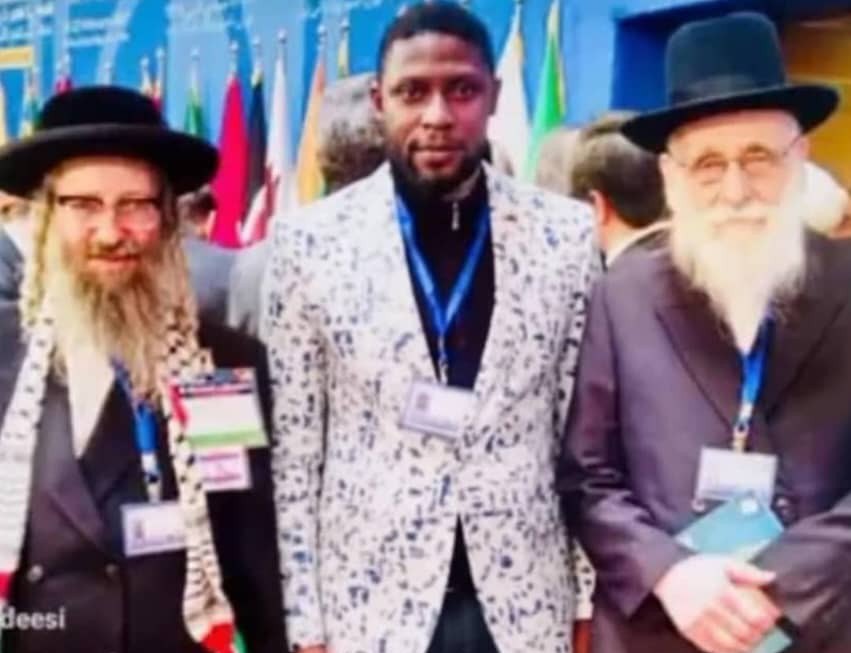
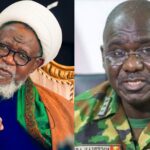
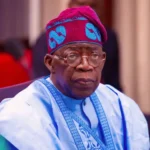
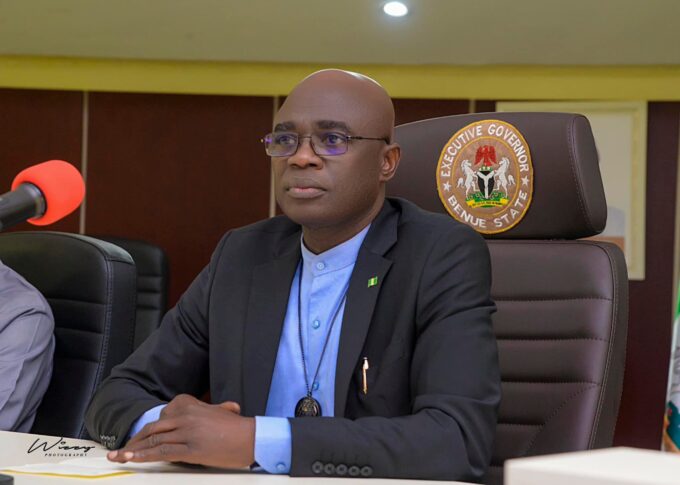
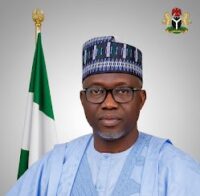
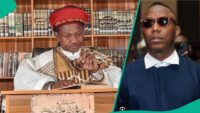
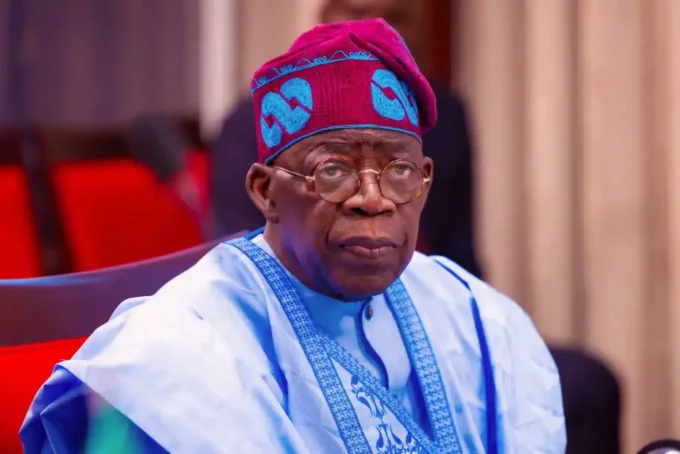

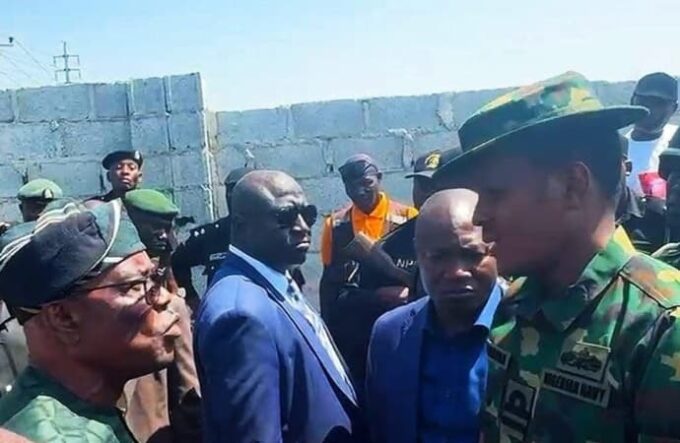


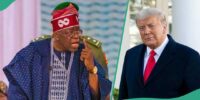
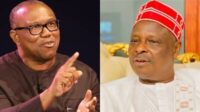
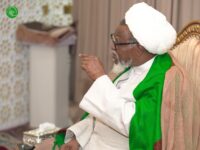
Leave a comment